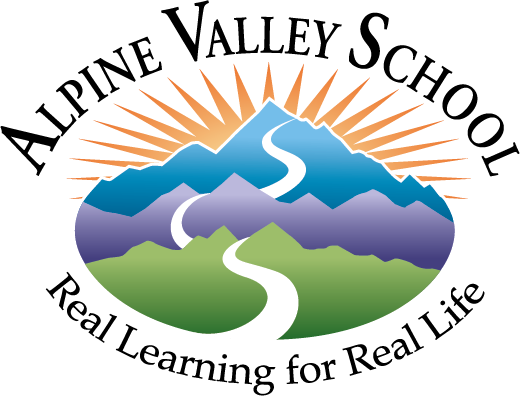On Swearing
When a new family enrolls at our school, one of the first things we talk with them about is cursing. That is the use of curse words at school. And contrary to what you might think, the conversation is about how we allow the use of swear words at our school. And, in fact, sometimes students that were not previously using such colorful turns of phrase may begin using them after enrolling. It’s not exactly a feature of our school, per se, but it is something that happens.
I suppose the first natural question is, why? Why do we permit cursing in the first place? There’s an important distinction I want to make first, which is that we do not allow free use of four-letter words when they are directed at someone. So, I can stub my toe and talk like a sailor, but I may not get annoyed with Larry and call him names, whether they include colorful words or not. That would be harassment no matter what, which is prohibited by our Lawbook (specifically, law 3-1). Beyond harassment, however, School Meeting has chosen to allow swearing because it is part of life in the outside world. Adults can, and do, swear. Probably not in all situations (hopefully not in certain situations) and learning the rules of polite society is one of the lessons we teach at Alpine Valley School.
New students sometimes begin cursing when they haven’t previously because the novelty is too great to resist. There’s enormous freedom in being a child allowed to say what they feel like, especially if that would have previously been taboo. At our school, students get to exercise this freedom for as long as they want to, provided they aren’t disrupting others. Which leads me to my next point…
Part of existing in a peaceful society is respecting that others have different boundaries and tolerances than you do. And part of the way our students experience these differences is by learning who appreciates their creative use of the English language, and who does not. I, for example, have a pretty high threshold and will only ask someone to stop when I feel the language has gotten excessive or seems to me to be migrating into more problematic territory. Others, though, do not like swearing at all and are free to ask all School Meeting Members not to curse in their presence or they will write them up for disturbing their activities (also one of our laws). Just as students are free to explore their use of language, they are also free to create an environment for themselves that is free of such language. And sometimes those desires come into conflict with one another and must be worked out, either interpersonally or using Judicial Committee.
A major facet of our philosophy at Alpine Valley School is the idea that, in order to learn self-control, students must be allowed to freely practice with using it. That also includes things like deciding what (or when) to eat, determining how to spend their time, and choosing who to interact with. But it also includes deciding how best to communicate. When I smash my finger with a hammer, a swear word accurately portrays my frustration and I may choose to use it, but when I’m in a job interview? Probably not. Students need to learn these distinctions for themselves in order to move beyond school into their own effective adulthoods. And, believe it or not, the free use of all language is one of the ways they grow.

